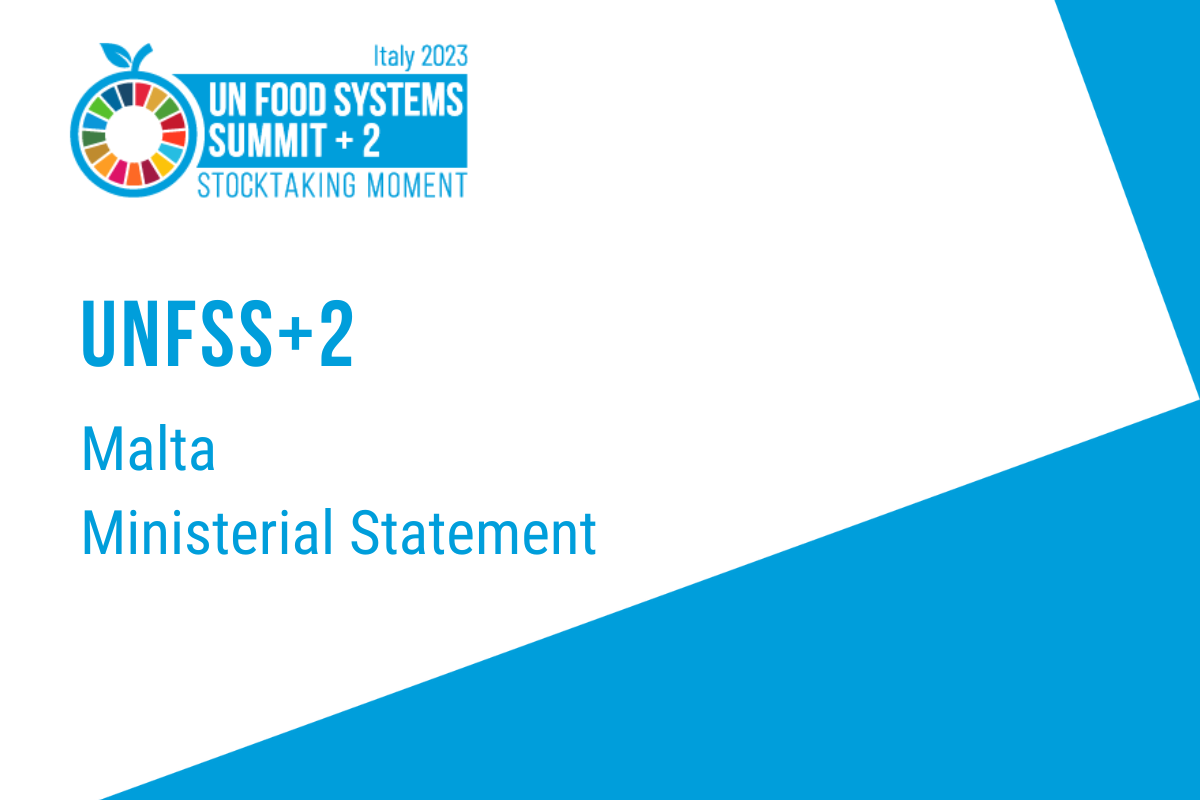
Reversing the food and hunger crisis: building resilient food systems
Tuesday, 25th July, 14:30-17:30
Resilient food systems are a cornerstone of sustainable growth and development. Only truly transformative actions for resilience will be able to meet the needs of communities, which suffer the impacts of conflict, economic disturbances, ecological degradation, and climate change. This session will propose actions that promote sustainable and diversified value chains, scale-up ecosystem restoration, build food security and equity, and enable better services and infrastructure for all people – including youth, women, and marginalized communities – to help meet the needs of today while building the foundations to prosper tomorrow.
Food systems are defective or down-right broken across the globe where:
- 258 million people face acute food insecurity.
- By 2030 the number of youths will have grown to nearly 1.3 billion.
- Gender inequalities in food and agriculture are costing the world 1 trillion dollars, annually.
- The number of people whose livelihood depends on degraded lands has been estimated to 1.5 billion worldwide.
- Currently, there are 169 active conflicts world-wide. A review of a layered analysis in the Sahel showed that there is over 80% overlap between degraded land resources, acute hunger, and conflict.
The session will focus on the following questions.
- How have the country pathways on food systems adapted to continue delivering food security and nutrition in the face of increasing shocks and stressors?
- What are the main calls for action --deriving from successes, challenges and bottlenecks experienced so far-- needed to advance the agenda to 2030?
- How will the session contribute to promoting action at scale?
A reversal of negative trends is possible by
- Promoting strategic investments to include smallholder farmers in procurement for social protection or national programmes to promote affordable and healthy diets;
- Restoring soil and water resources through farmer-led regenerative agriculture and other climate adaptation interventions;
- Promoting and operationalizing actions towards ZERO tolerance for post-harvest losses;
- Boosting local food value chains by promoting local consumption and export;
- Mobilizing an unprecedented number of youth to create a virtuous cycle for food system transformation and environmental sustainability.
Resilient food systems are the cornerstone for sustainable growth and prosperity and will address --through actionable transformative solutions- the needs of people, particularly the youth, the marginalized and women-- who endure conflict, economic disturbances, ecological degradation and climate change. This session will propose actions that promote sustainable and diversified value chains, scale-up ecosystem restoration, bring equity, food and nutrition security, decent jobs, better services and infrastructure for people to overcome the consequences of multiple shocks and stressors.
Resilient food systems can and will accelerate the reversal of negative trends that have affected the gains made towards the SDGs. Experience show that where land and water resources are restored food systems heal, and growth follow. Youth, women and other disadvantaged groups participate in the production, transformation and marketing of food; local communities are revitalized; access to nutritious food broadens; farmers embrace regenerative agriculture and climate adaptation. The national pathways mark a direction, ensuring that positive experiences are scaled up, and challenges and obstacles overcome to transform the lives of people.
Ministerial Statements
Speakers

Ms. Fionnuala Sweeney
Moderator
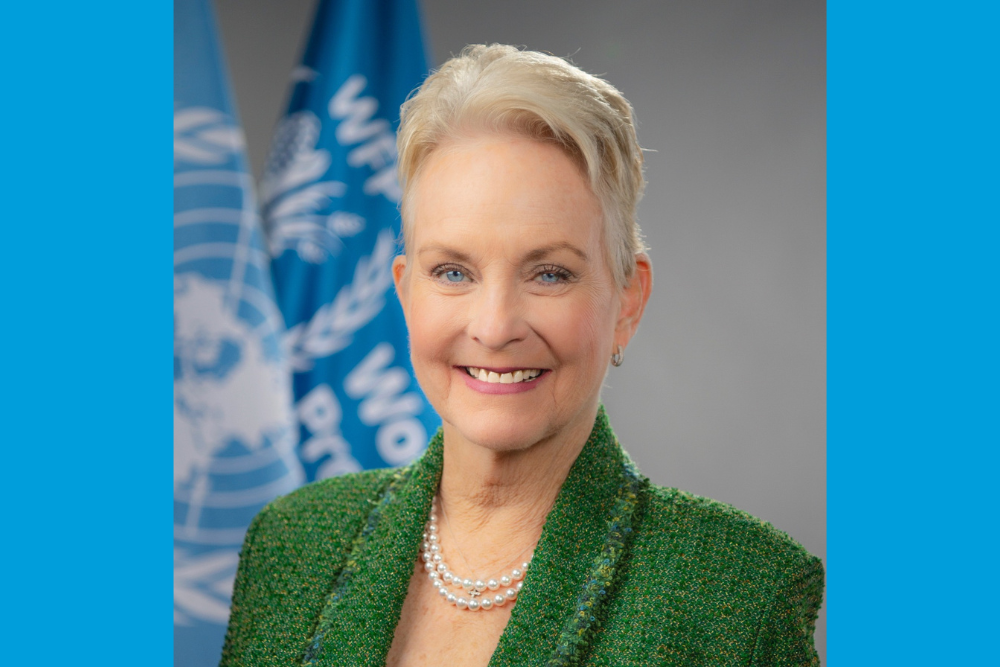
Ms. Cindy McCain
Executive Director of WFP
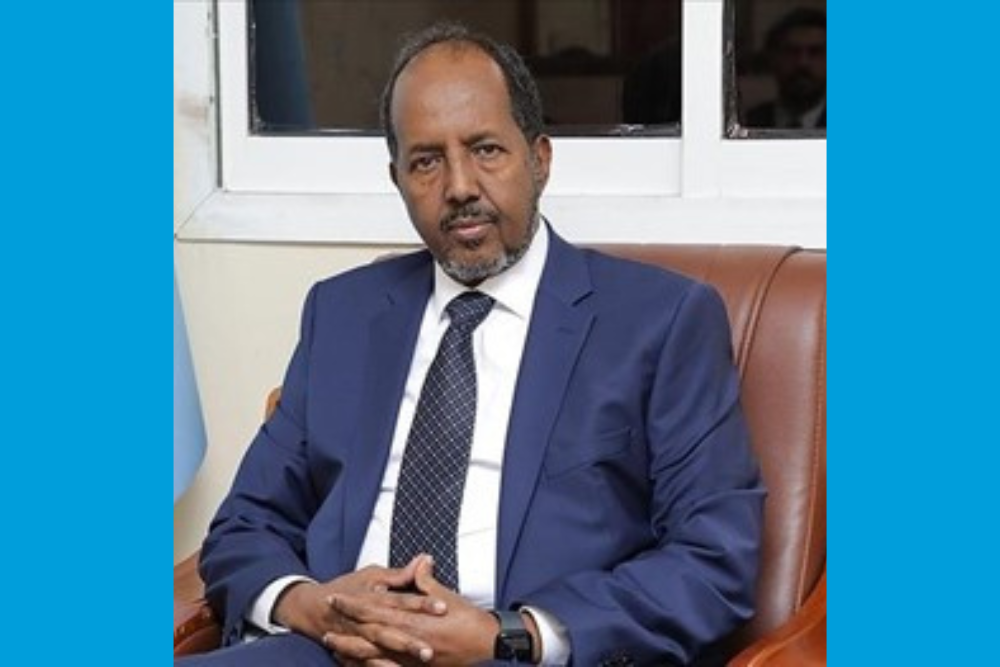
H. E. Mr. Hassan Sheikh Mohamoud
President of the Federal Republic of Somalia
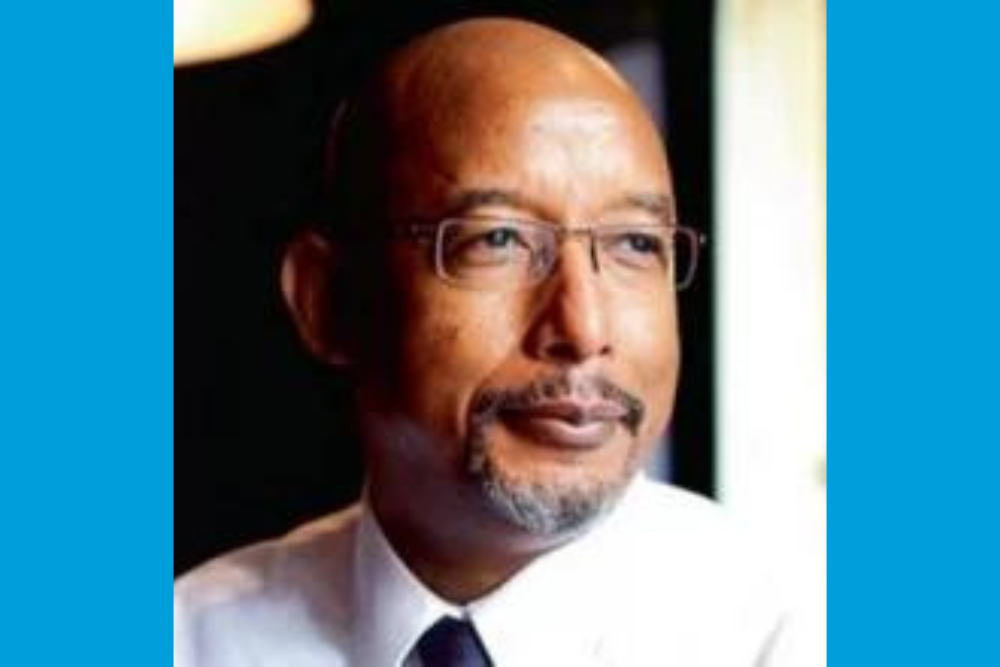
Mr. Ibrahim Mayaki
African Union Special Envoy for Food Systems

H.E. Mr. Francesco Lollobrigida
Minister of Agriculture, Food Sovereignty and Forestry, Italy
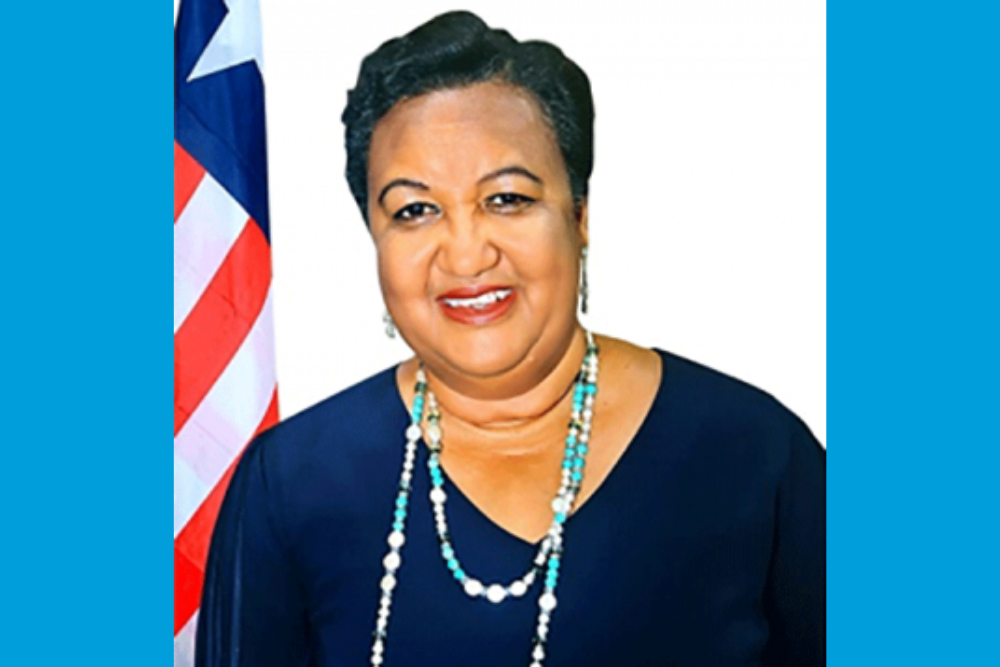
H.E. Ms. Jeanine M. Cooper
Minister of Agriculture, Liberia
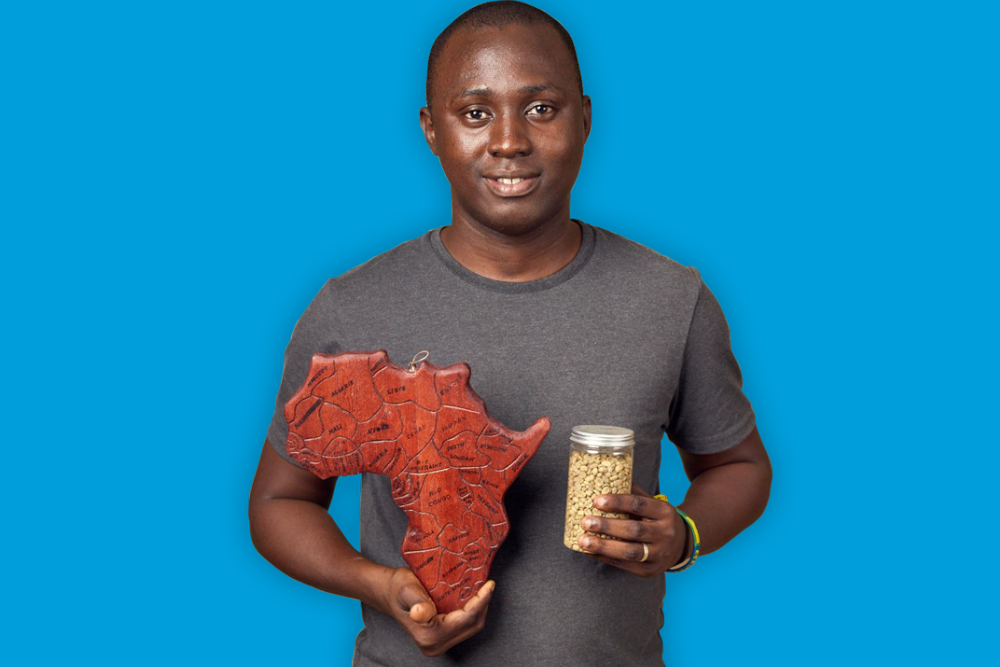
Mr. Olawale Rotimi
CEO and Founder, JR Farms

Mr. Qingfeng Zhang
Senior Director, Agriculture, Food, Nature, and Rural Development Sector Office, Asian Development Bank
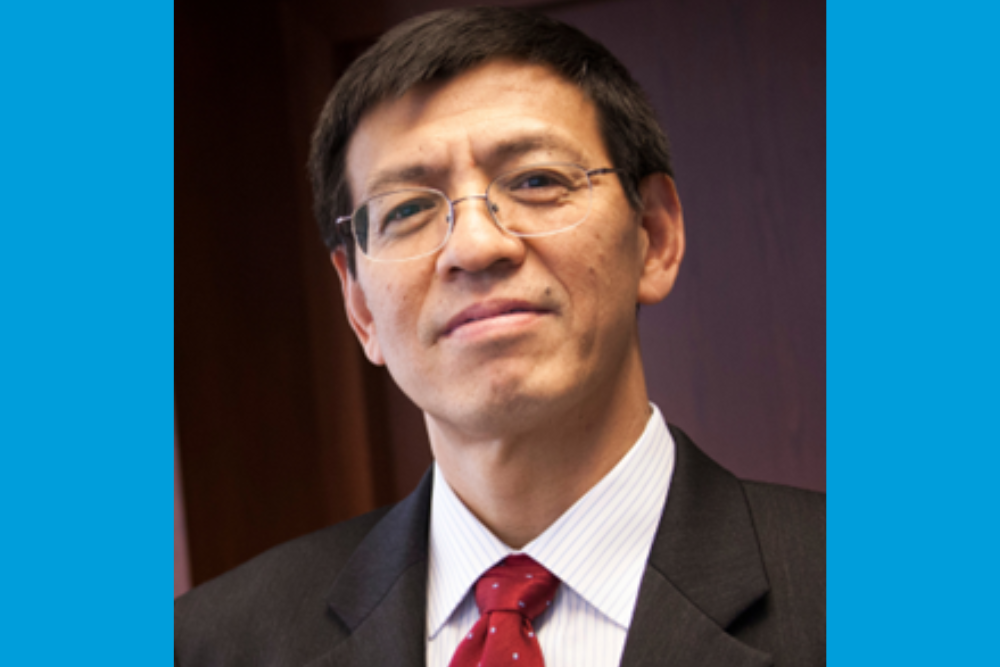
Mr Shenggen Fan
Dean of Academy of Global Food Economics and Policy (AGFEP); Chair Professor of China Agricultural University (CAU); Former Director General of IFPRI; SAC Co-Chair

H.E. Mr. Jochen Flasbarth
State Secretary, Federal Ministry for Economic Cooperation and Development, Germany

H.E. Ms. Anne Beathe Tvinnereim
Minister of International Development, Norway

H.E. Mr. José Mpanda Kabangu
Minister for Scientific Research and Technological Innovation, Democratic Republic of Congo
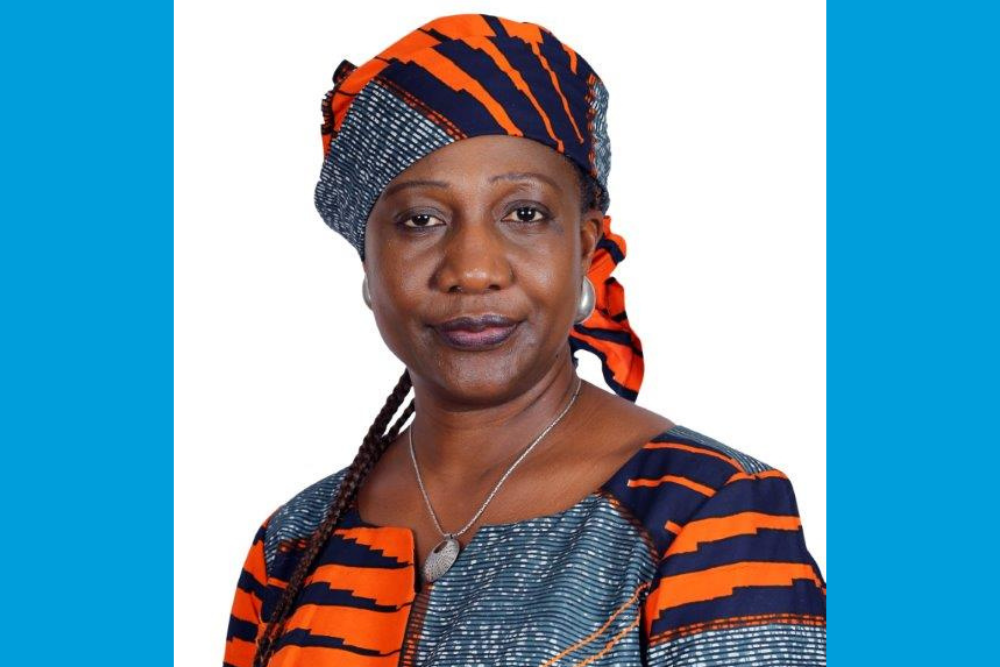
Ms. Estherine Fotabong
Director of Programme Implementation and Coordination, AUDA-NEPAD

Ms. Lilian dos Santos Rahal
National Secretary for Food and Nutrition Security, Ministry of Development, Social Assistance, Family and Fight against Hunger, Brazil

H.E. Ms. Jhenifer Mojica
Minister of Agriculture and Rural Development, Republic of Colombia

H.E. Mr. Yeshey Penjor
Minister of Agriculture and Livestock, Bhutan
Interventions from the floor
Government representatives from:
| Non-State Actor representatives from:
|

